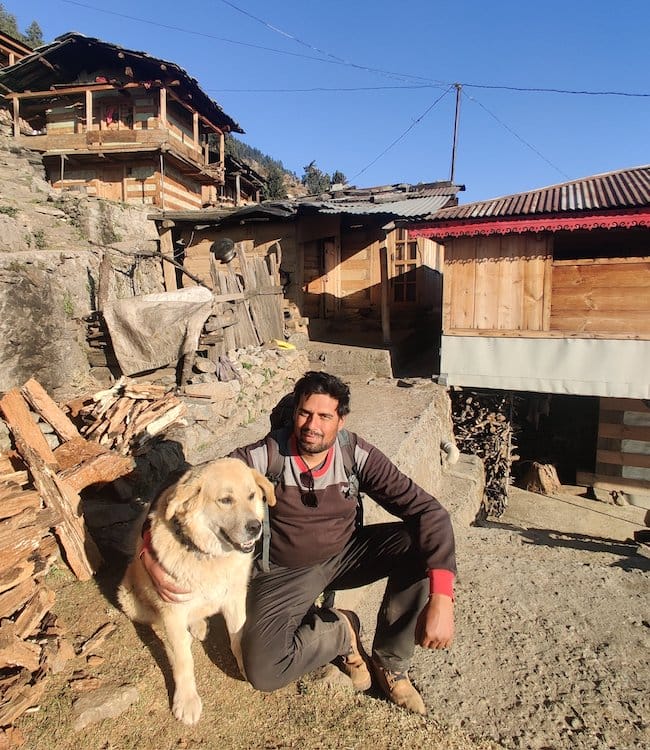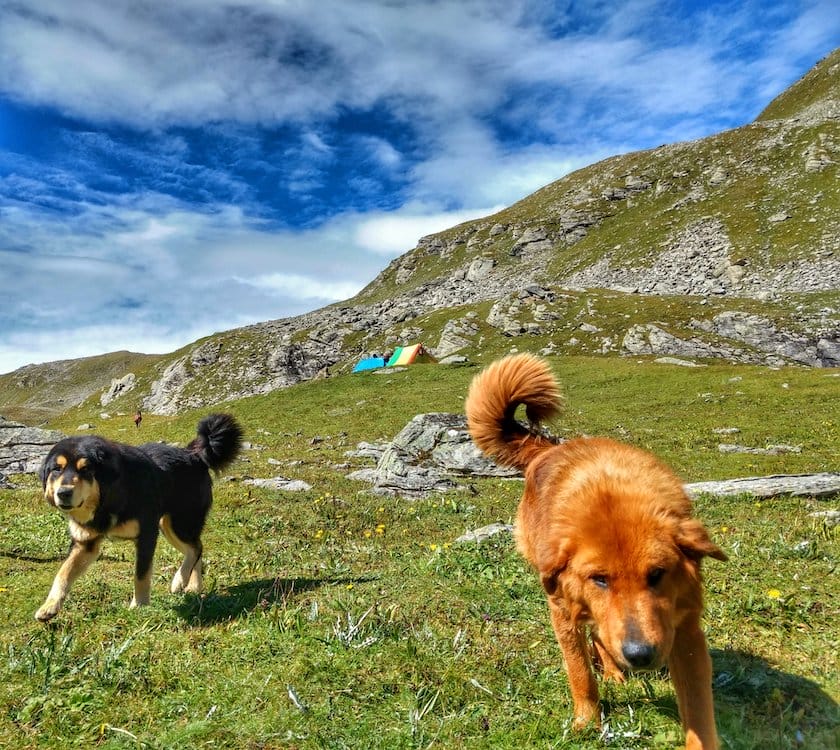I grew up in a home that didn’t hate dogs but never really loved them either. I was consciously told to avoid dogs, always. And I followed that during the early part of my childhood, till I was 10-11 years old. However, this was to change.
I was riding pillion on my uncle’s Bullet motorcycle on CMH Road Indiranagar, in Bengaluru, for something early in the morning, about 4 am. Just as we entered CMH Road from Murphy Town (this is before the Metro era), the road was dark.
A pack of street dogs started to chase the motorcycle. I expected my uncle to gun the throttle and flee, I held on to him tight. Instead, he stopped the bike immediately, right there, cold. And shouted at the dogs, daring them to come and bite us. Needless to say, I was white as a sheet expecting to get bitten first as I was the pillion. But the pack of dogs whimpered away instantly. He gave me a piece of advice , if you are ever chased by dogs while on a bike, stop right there to challenge them.
For the next few years, I had to thank this solid advice many times. Many years I had to cycle early morning and late evenings to tutions and back. Packs of street dogs tried to pick on me, I stood my ground. After riding my motorcycle across India for over 200,000 kilometres , I have followed the same deal-always standing my ground.
Read more: How to deal with street dogs in Bengaluru
How street dogs became my protectors
I have lived in Delhi in a colony that wasn’t exactly kind to street animals, but I soon made my best friends there on the street as I went walking to have a late night ice cream or a snack. Once a drunk car driver tried to attack me when I was trying to drag my suitcase at 4 am to the main road to catch a taxi. The second the drunk driver tried to get out of his car to assault me, my friendly pack emerged out of the dark to protect me. The fellow ran like hell!

The invaluable role of dogs in rural households
I soon moved to live in rural areas from 2010. I found that dogs have a different relationship with humans out here. It is more a working relationship bond. Rural folks don’t treat dogs as ‘furballs’ but realise they are a valued asset of a household. Dogs trained to hunt (in rural Kanakapura), dogs that protect homes and orchards (everywhere) and dogs that herd sheep when I moved to Uttarakhand.
In fact, my staff used to be stunned that I would walk into a shepherd ‘deras‘ protected by dogs as if they didn’t exist! I have always believed that being firm, dominant and respecting a dog’s body language is key to keeping me safe. I have found most dogs friendly, some indifferent and the very rare ones, who signal that they want to be left alone, I respect and leave alone.
Interspecies communication is difficult. It takes years of experience to understand even a pet dog whom you have raised since a pup.
Read more: Let independent dogs be
Stereotyping ‘dog attacks’
The discourse over pet and street dogs used to be less hostile, but over the last decade, I have seen it become increasingly venomous as social media and mainstream media play on stereotypes of ‘dog attacks’. Unfortunately, I am now seeing this predominantly urban conversation make its way to rural India too. I have seen the ‘fear’ of dogs grow as this noise picks up. Every now and then I hear of some case in a gaon (village) where a ‘pagal kutta‘ (‘mad dog’) was beaten to death because it bit someone. There is a steady increase in paranoia about dogs everywhere – in rural and urban India.
It is a stressful life as someone who has three dogs in my own household. You can’t relate to this anxiety if you have not experienced it. Even though I don’t have a human child, I can tell you with certainty that I won’t stress so much about a human child. It’s different when you are responsible for the safety of the voiceless.
The issue of street dogs is a complicated one. Street dogs find themselves at an intersection of socio-economic issues. A problem exists and it grows. There is no instant solution. The only way out of this is looking at solutions that are primarily ethically sound and compassionate.
(This article has been reposted from the author’s Twitter/X account with permission. The guidance on dealing with street dogs reflects the author’s personal opinions)

Great insights; resonated with me.